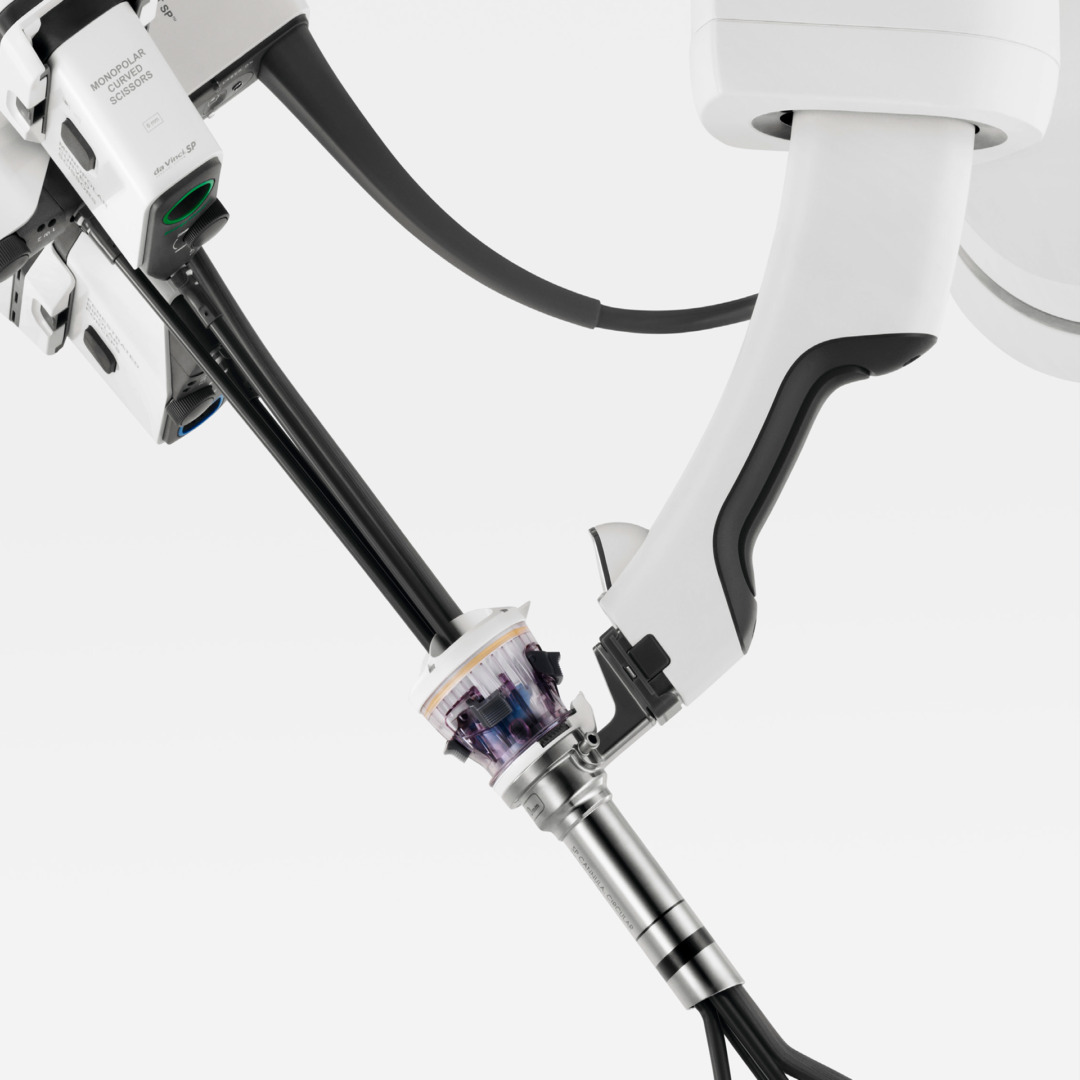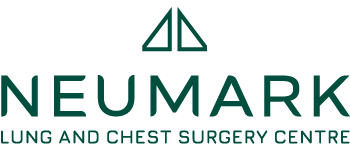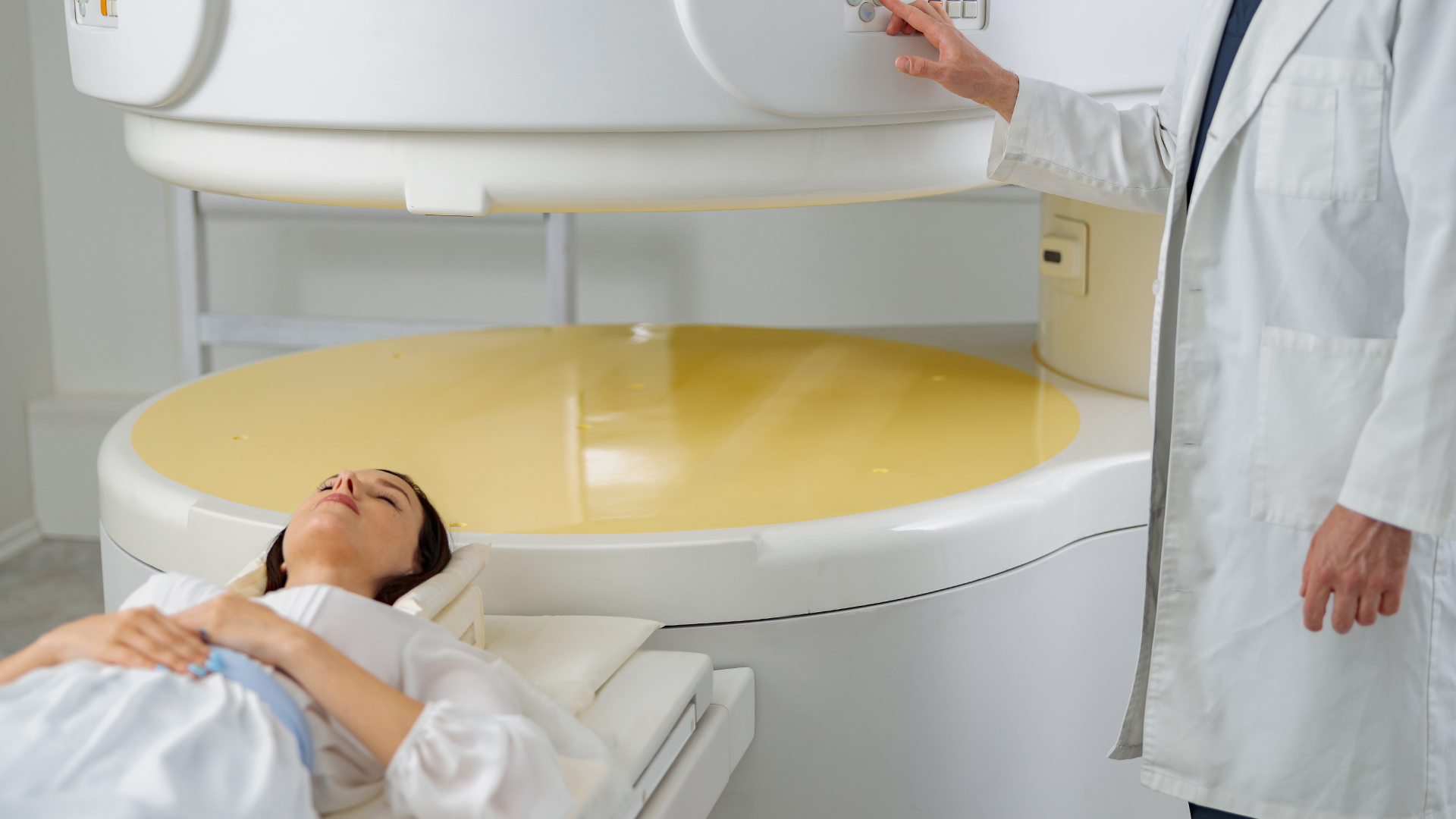Early Detection Increases Survival Rates
Lung cancer is also one of the deadliest cancers due to difficulties in early detection, with a 5-year survival rate of less than 15 percent, according to the Singapore Cancer Registry Annual Report 2019. More than 60 percent of patients with lung cancer are diagnosed at Stage 4, and cancer mortality rates are highest among Singaporean men (27.1%) and the second highest among Singaporean women (16.5%).
Most patients in the early stages of lung cancer have no obvious symptoms and signs, which decreases the possibility of early diagnosis and treatment until it’s often too late.
Low-Dose Computed Tomography, A Promising Modality
Low-dose computed tomography (LDCT) has emerged as a promising modality for the early detection of lung cancer in both high-risk individuals and the general population. While LDCT has shown great potential in improving lung cancer survival rates, further advancements in screening technologies could significantly enhance our ability to detect early-stage lung cancer. As a result, novel approaches to cancer screening are urgently required to enable early detection to enhance patient survival risks and treatment outcomes.
As technology advances, discoveries in early cancer detection tests to manage lung cancer at an early stage offer hope for patients. These modalities include identifying biomolecular markers from easily accessible fluids like saliva, urine, or blood, as well as using low-dose spiral and high-resolution computed tomography (LDCT) scans to analyse results.

“As a surgeon, I find it exciting to explore future advancements in the field of cancer screening. Even though many of the innovations discussed are still in development and are not yet accepted for mass clinical use, early lung cancer screening is key to increasing the life expectancies of my patients,” explains Dr Harish Mithiran, managing thoracic surgeon of Neumark Lung & Chest Surgery Centre and senior consultant thoracic surgeon at Gleneagles Hospital, Singapore.
_____________________
What are some future innovations in the field of lung cancer screening that can improve people’s chances of surviving this often deadly disease? We’ll look at current leading research that may revolutionise the way that the diagnosis and treatment of lung cancer can provide lung specialists with more effective strategies to manage cancer. Combining these methods with minimally-invasive robotic-assisted or video-assisted thoracic surgery can potentially improve patient outcomes.
AI Deep Learning Models to Predict Lung Cancer
We’ve all likely heard about AI since the mass adoption of ChatGPT across the world. But what if similar deep learning models could predict future lung cancer risk in both smokers and never smokers?
Lung cancer is a top cause of cancer-related deaths globally, and the third most prevalent form of cancer in Singapore. Even more alarming is the fact that nearly half (48%) of non-small-cell lung cancer patients in Singapore never smoked.

Harvard and MIT researchers have developed Sybil, a tumour detection system that uses deep learning models to predict cancer by recommending routine lung screening for individuals at higher risk in the absence of early symptoms. Health screening for lung cancer has not yet been adopted in Singapore, where a national program is not yet established; nodules are often detected incidentally when patients present with symptoms.
The lack of follow-up and ongoing screening is compounded by the increasing number of lung cancer diagnoses among non-smokers or light smokers, indicating a growing gap in early detection. Artificial intelligence, like Sybil, trained on years of lung scans from the United States and Taiwan could unlock preventative health to decrease lung cancer mortality rates with deep-learning models using large datasets coupled with LDCT scans to identify patterns.
Metabolomics: A Cellular Frontier for Personalised Cancer Detection
Metabolomics offers new hope for the early detection of lung cancer. By analysing the chemical processes that are naturally happening inside our bodies, researchers are able to identify specific biomarkers linked to the increased risk of cancer and develop personalised treatment plans to address dysfunctional metabolic pathways that lead to the genetic expression of the deadly disease.
Early cancer detection tests are crucial for successful treatment. Although the currently accepted method for diagnosis involves physical, biochemical, and tissue tests to determine the stage, location, and metastasis of cancer, metabolomics research has shown promise in identifying potential biomarkers for the early detection of lung cancer.

By comparing changes in metabolites before and after lung cancer surgery and exploring possible metabolic pathways of the disease, researchers aim to improve the diagnosis and staging of lung cancer. Studies have revealed differences in the metabolome of lung cancer patients compared to healthy individuals, leading to the discovery of reliable biomarkers for diagnosis.
Some studies have even found that changes in the metabolic group at different stages of lung cancer could be used to determine the stage of the disease. More clinical studies are needed to gauge the accuracy of metabolomics methods before clinical use.
New diagnostic methods such as modalities to diagnose biomolecular markers from saliva, urine or blood; low-dose spiral and high-resolution computed tomography; and endobronchial ultrasonography, among others, offer the potential to manage lung cancer at an early stage. These methods, used in combination with video-assisted thoracic surgery and intraluminal bronchoscopic treatments, have the potential to provide better management of the disease.
At Neumark Lung & Chest Surgery Center, our team strives to enhance the quality of life for patients battling often debilitating diseases through the use of the latest advancements. We will update this article with new treatment modalities for early lung cancer screenings as they become clinically available.
The aim of the article is to explore potential future advancements in the field of lung cancer screening and to generate discussion around the possibilities for improving early detection and treatment of the disease. It is not intended as medical advice or a recommendation for a specific screening method. As with any medical decision, it is important to consult with a healthcare professional to determine the most appropriate screening approach based on an individual’s specific health history and risk factors.

